11 Underrated Sci-Fi Series Streaming Right Now
Looking for a fresh sci-fi series that might have slipped under your radar? Whether you’re into mind-bending mysteries, futuristic worlds, or complex character-driven stories, there are hidden gems streaming right now that are worth your attention. These underrated shows offer unique plots, compelling characters, and thought-provoking themes that are sure to captivate any fan of the genre. If you’re craving something new and exciting, these series should be at the top of your watchlist.
This post may contain affiliate links, which helps keep this content free. Please read our disclosure for more info.
Counterpart
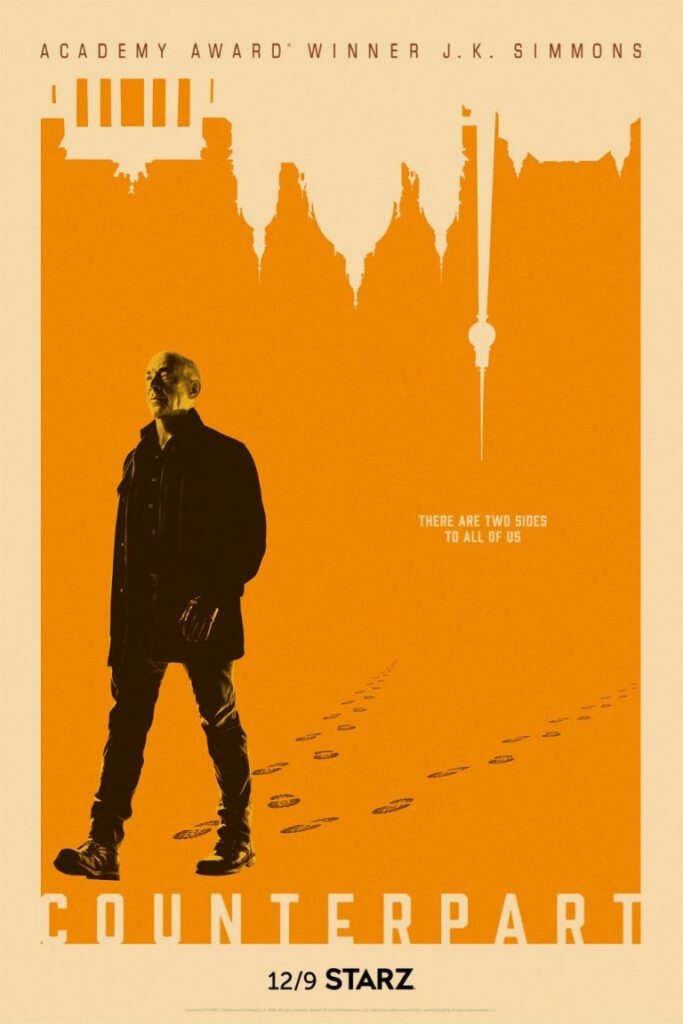
“Counterpart” revolves around Howard Silk, a mild-mannered office worker who learns that his workplace is involved in the oversight of a parallel universe. What starts as a bureaucratic drama soon turns into a gripping exploration of identity, loyalty, and morality as Howard meets his more ruthless counterpart from the other side. The show skillfully blends espionage, mystery, and sci-fi in a way that keeps the audience engaged while peeling back layers of intrigue and ethical dilemmas. The concept of the “other self” is explored in a nuanced way, showing how small decisions shape lives, making this show a deep meditation on the choices we make.
At its core, “Counterpart” is a character-driven narrative, with a focus on the psychological impact of the knowledge that another version of you exists. The acting is stellar, with J.K. Simmons delivering an outstanding performance as both Howard Silk and his alternate, revealing the contrast in personalities that emerges when faced with different life choices. The show’s slow-burning style allows it to explore complex themes of trust, betrayal, and the consequences of alternative realities, offering a compelling watch for anyone who appreciates a thoughtful, introspective sci-fi thriller.
The OA
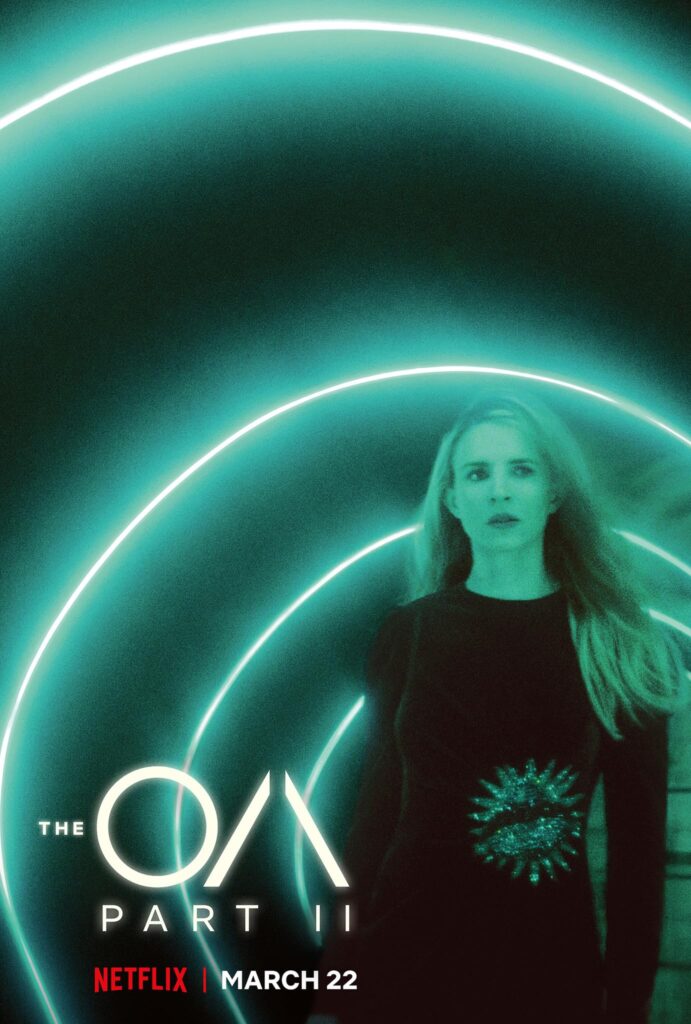
“The OA” tells the story of Prairie Johnson, a young woman who returns after being missing for seven years, now mysteriously able to see despite having been blind before. The series starts with a haunting mystery: where has Prairie been, and what happened to her? As she assembles a group to hear her story, the show weaves between the past and present, gradually revealing a tale of alternate dimensions, near-death experiences, and profound philosophical questions about life and death. The narrative is unpredictable and filled with strange, dreamlike sequences that make it both compelling and disorienting, challenging viewers to think about existence in ways that other shows rarely do.
The central mystery of “The OA” pulls you in, but what makes the show stand out is its emotional depth. It delves into themes of faith, connection, and the power of belief, asking questions about whether the things we cannot prove can still be real. The unique structure of the series, blending sci-fi with spirituality, means that the series doesn’t always provide easy answers, but it rewards those willing to engage with its oddity. The show’s surreal narrative invites contemplation, making it a standout for fans of experimental sci-fi with a philosophical edge.
Travelers
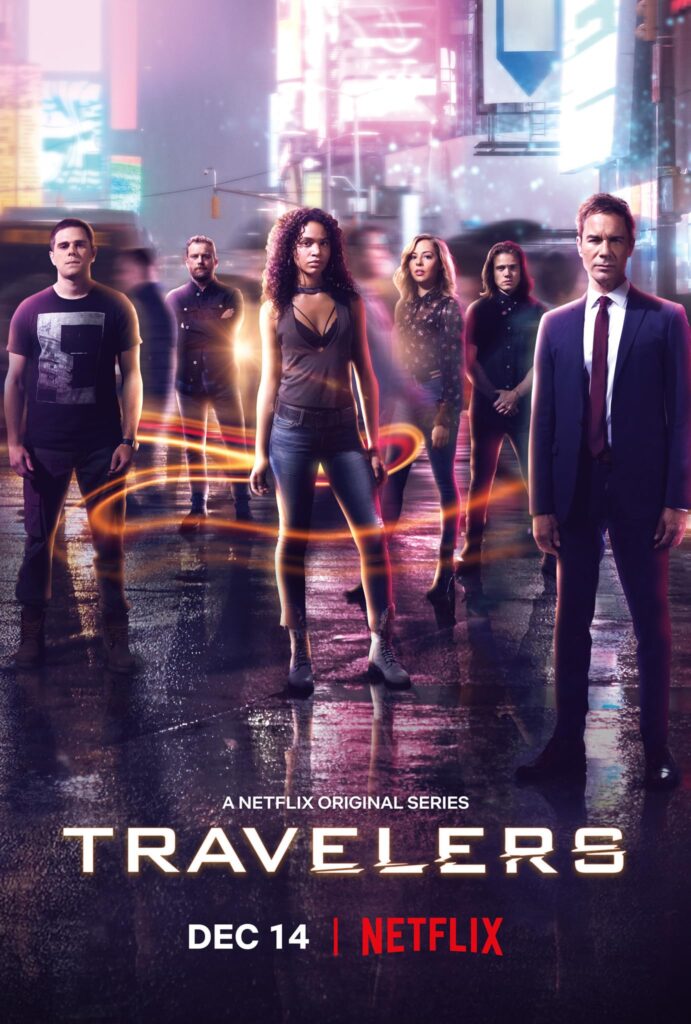
“Travelers” centers on a group of people from the future who send their consciousness back in time to inhabit the bodies of individuals in the present. Their mission is to prevent a catastrophic collapse of society, but they are forced to live the lives of those they have taken over, with the constant challenge of balancing their mission and their new lives. The series cleverly combines the thrill of time travel with the drama of living multiple lives, as the travelers navigate the complexities of their hosts’ personal relationships and struggles. Each episode brings new challenges, making the mission’s success seem ever more uncertain.
What makes “Travelers” particularly compelling is how it balances action with emotional depth. The travelers’ relationships with the people they inhabit bring personal stakes to the plot, and the show’s focus on ethics and the consequences of altering the past adds a layer of moral complexity. The characters are not just trying to save the world; they are also learning about themselves and what it means to live someone else’s life. The show may not be as flashy as other time-travel series, but its heart lies in its exploration of sacrifice, redemption, and the human condition, making it an underrated sci-fi treasure.
Pantheon
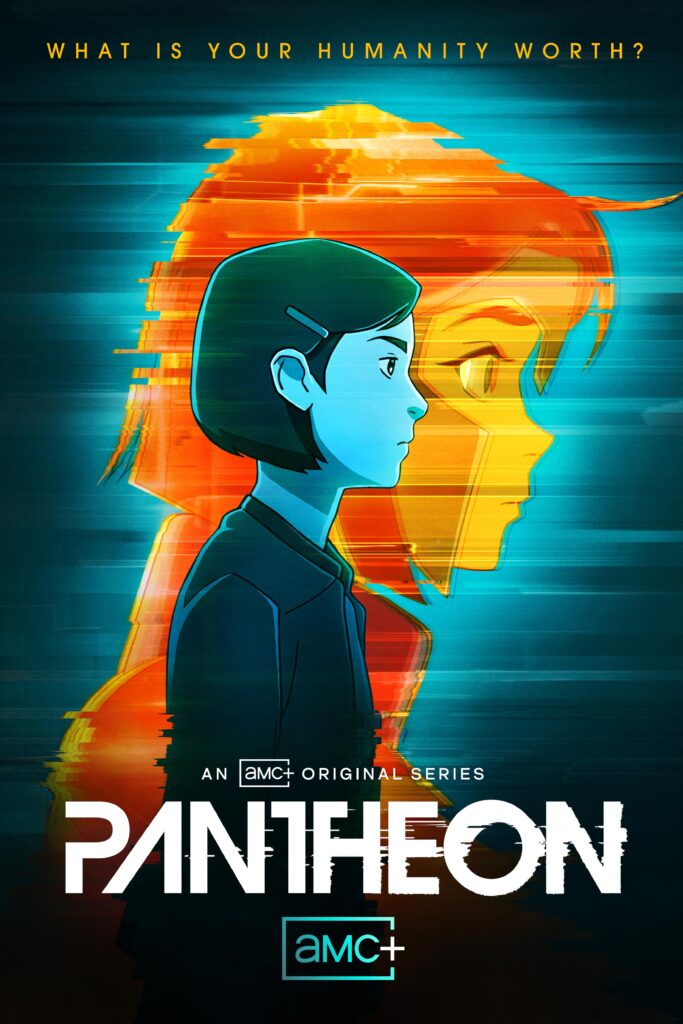
“Pantheon” is an animated series set in a near-future world where human consciousness can be uploaded to the cloud, offering the potential for digital immortality. The story begins when a teenager named Maddie receives messages from her father, who had died years earlier, only to learn that his consciousness had been uploaded before his death. The show explores the ethical implications of mind-uploading and the corporate and governmental forces that would control such technology. As Maddie and others uncover secrets about their digital immortality, the series paints a chilling picture of what the future might hold if we transcend our biological limits.
The animation style allows for a level of imaginative freedom that traditional live-action series often cannot afford. The series tackles heavy themes such as identity, privacy, and the boundaries between life and death, making it a thought-provoking watch for fans of intellectual sci-fi. As the characters delve deeper into the implications of being trapped in digital form, “Pantheon” becomes a meditation on the value of human experience, the loss of self, and the consequences of our increasing reliance on technology. It’s an ambitious series that combines intricate world-building with poignant philosophical questions about immortality.
Humans
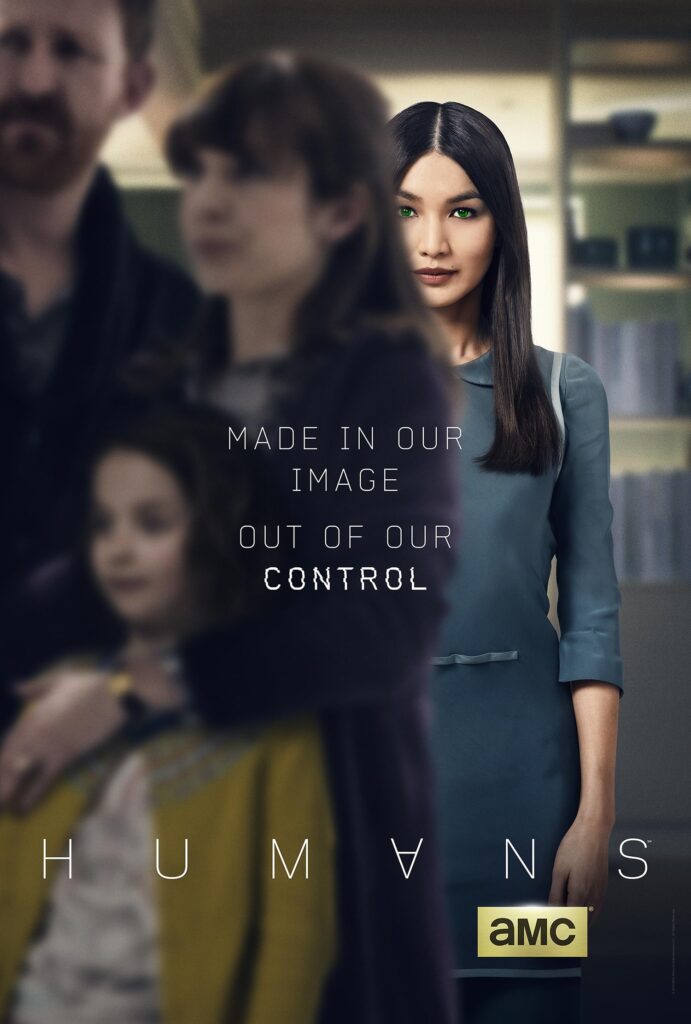
“Humans” is a British series that explores a world where robots, or “Synths,” are integrated into everyday life, serving as personal assistants and workers. The series focuses on a family that buys a Synth, only to discover that the robot has developed self-awareness. This leads to a conflict not only within the family but also in society, where the line between human and machine becomes increasingly blurred. The show examines the ethical dilemmas of artificial intelligence, with a special focus on what it means to be human and the implications of creating beings capable of independent thought.
“Humans” stands out for its compelling exploration of AI, as it challenges the traditional notion of robots as mindless tools. The show focuses on the emotional and psychological impact of synthetic beings gaining consciousness, forcing the characters and viewers to confront questions about empathy, freedom, and the definition of life. The moral complexity of “Humans” makes it more than just a story about technology; it’s a thoughtful commentary on society’s evolving relationship with artificial intelligence and how this could shape our future. It’s an underrated gem for fans of philosophical sci-fi.
Defiance
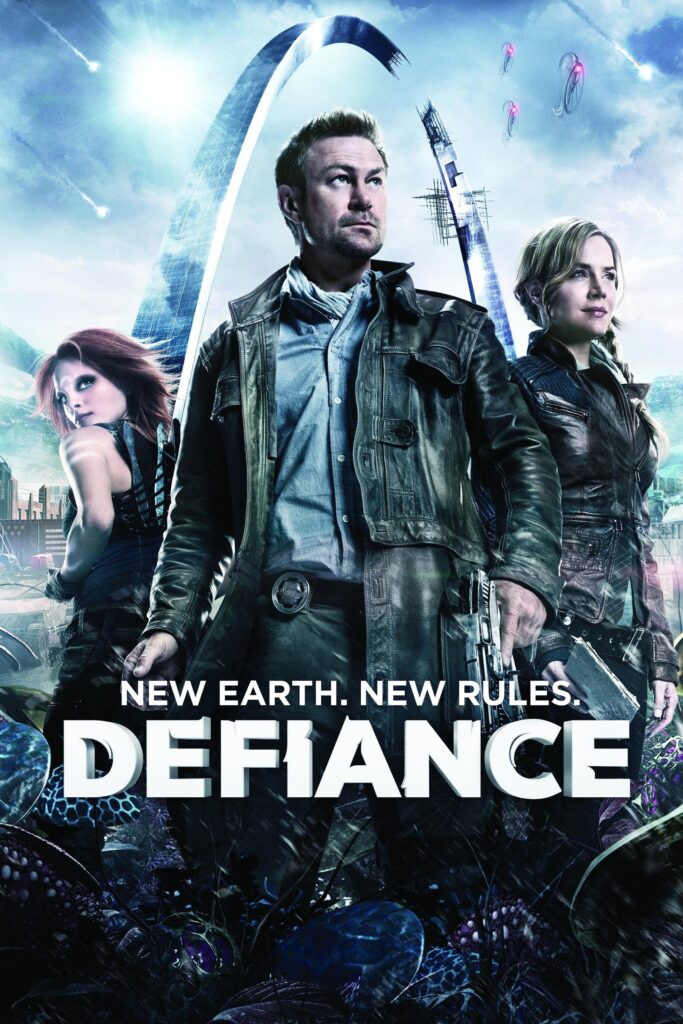
“Defiance” blends sci-fi with western elements, set in a post-apocalyptic world where Earth’s landscape has been altered by the arrival of various alien species. The city of Defiance is built on the ruins of St. Louis, where humans and aliens coexist under a fragile peace. The show focuses on the efforts to maintain that peace while exploring themes of colonization, survival, and identity. With its rich world-building and diverse alien cultures, “Defiance” offers a fresh take on the alien-invasion genre, mixing action with social commentary.
The western influence in “Defiance” is evident, as much of the show revolves around the lawless nature of the frontier and the complex relationships between the various alien and human factions. The series offers an interesting commentary on the challenges of rebuilding society after a catastrophic event and the negotiation of power in a multicultural world. It’s a thrilling mix of action, politics, and social dynamics, making it an underrated and unique addition to the sci-fi genre. Fans of both westerns and sci-fi will find much to enjoy in this innovative series.
The Expanse
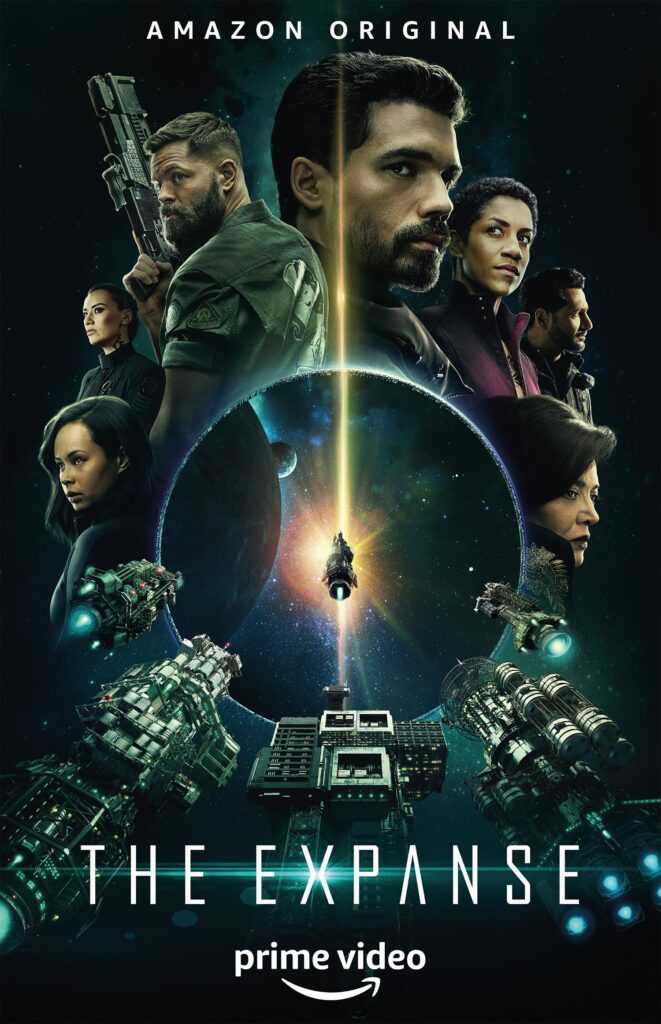
“The Expanse” is a hard sci-fi series that takes place in a future where humanity has colonized the solar system. Tensions between Earth, Mars, and the Belt (a group of colonies in the asteroid belt) threaten to spark a war, and the show follows a ragtag crew of characters caught in the middle of a conspiracy that could alter the balance of power in the galaxy. It combines political intrigue, military action, and a complex story about humanity’s future beyond Earth. The world-building in “The Expanse” is one of its strongest points, offering a detailed and believable vision of what our solar system might look like in the coming centuries.
While the show is well-known among sci-fi fans, it remains underrated in mainstream circles. The series delves into themes of class struggle, the ethics of space exploration, and the consequences of humanity’s reach exceeding its grasp. The complex relationships between characters from different factions make it an engaging character-driven narrative that’s worth following for both its grand scale and intimate personal moments. It’s a show for viewers who appreciate a more realistic, political take on space exploration.
Orphan Black
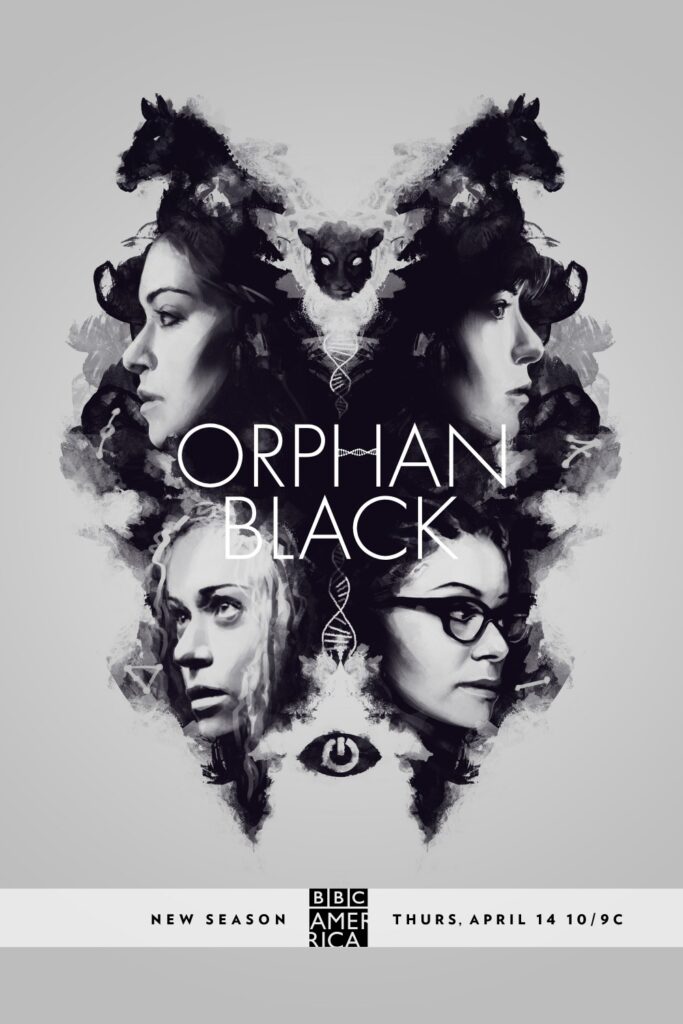
“Orphan Black” is a thrilling sci-fi series that follows Sarah Manning, a woman who discovers that she is one of several clones. As she uncovers the conspiracy behind her creation, she learns that her existence is part of a much larger and more dangerous plan involving genetics, corporate control, and human experimentation. The show’s central hook, Sarah’s search for the truth about her identity, leads to intense action, intrigue, and a deep dive into the moral and ethical implications of cloning. What makes “Orphan Black” stand out is Tatiana Maslany’s extraordinary performance, as she plays multiple clones with distinct personalities, accents, and motivations.
“Orphan Black” combines science fiction with strong character development, especially in exploring the impact of being part of a genetic experiment. The show doesn’t just focus on the thrill of the plot, but also on the emotional and psychological consequences for the clones as they grapple with their sense of self and autonomy. It’s a rollercoaster of tension, drama, and science fiction intrigue that is well worth watching for fans of fast-paced, high-stakes storytelling with a human touch.
Altered Carbon
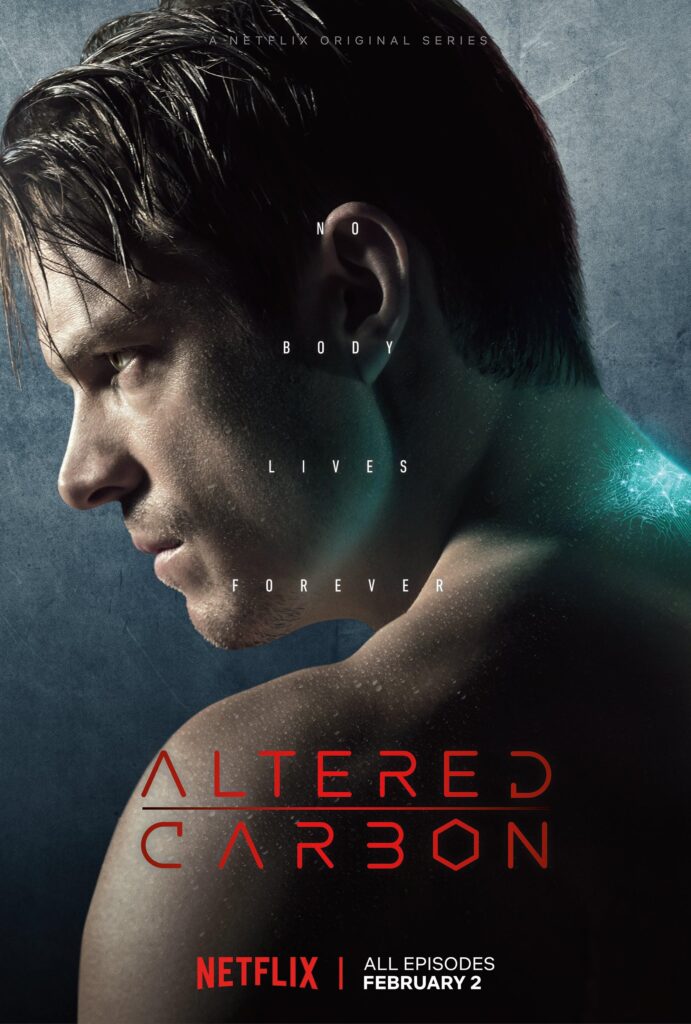
Set in a future where consciousness can be transferred from one body to another, “Altered Carbon” explores a world where death no longer means the end of life. The show’s protagonist, Takeshi Kovacs, is a former soldier who is brought back to life in a new body to investigate the apparent suicide of a wealthy businessman. The series presents a thought-provoking examination of immortality, identity, and the consequences of living without fear of death. It’s a blend of cyberpunk aesthetics and hard-hitting philosophical questions, exploring the nature of human experience when one’s physical form is no longer permanent.
Despite its deep themes, “Altered Carbon” also delivers action-packed sequences and a world that’s visually stunning. The show is rich in world-building, showing a society where class disparity is intensified by the ability to swap bodies, making the wealthy effectively immortal. The philosophical implications are intriguing, questioning whether the essence of a person truly resides in their body or in their consciousness. This series is a must-watch for those who enjoy complex, visually striking science fiction.
The 100
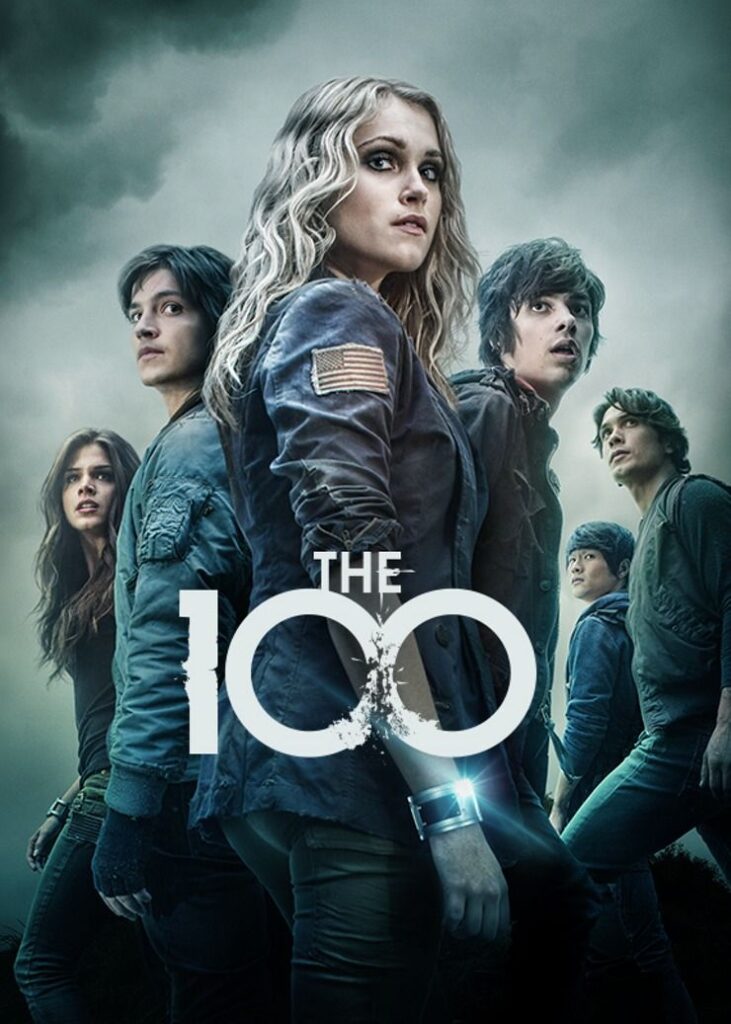
Set in a post-apocalyptic future where humanity survives in a space station called the Ark, “The 100” follows a group of young criminals who are sent back to Earth to see if the planet is habitable again after a nuclear disaster. The series focuses on survival, leadership, and the ethical dilemmas that arise when society is forced to rebuild from scratch. As the group explores the ruins of Earth, they discover not only dangerous factions of survivors but also the dark truths behind the events that led to the destruction of civilization.
“The 100” is known for its emotional depth and its exploration of moral gray areas. The characters face tough decisions as they try to navigate the new world, often questioning what it means to survive and what they’re willing to sacrifice for the greater good. The series is a gripping, fast-paced drama that keeps viewers hooked with its evolving plot and increasingly complex characters. Fans of dystopian narratives and character-driven sci-fi will find much to appreciate in this underrated series.
The Man in the High Castle

Based on the novel by Philip K. Dick, “The Man in the High Castle” imagines an alternate history where the Axis powers won World War II and the United States is divided into territories controlled by Nazi Germany and Imperial Japan. The show follows a group of resistance fighters who uncover a mysterious film that depicts an alternate reality where the Allies won the war. As they search for answers, they discover that the films might hold the key to changing their world. The series explores the nature of reality, freedom, and the impact of totalitarian regimes on both personal and societal levels.
While “The Man in the High Castle” is rooted in an alternate history, it’s also a profound exploration of human resistance in the face of oppression. The show examines the psychological and cultural effects of living under authoritarian rule, as well as the dangers of complacency and collaboration. With a deep, unsettling atmosphere, it’s a series that asks difficult questions about what could have happened if history had taken a different turn, and what that could mean for our future.
This article originally appeared on Avocadu.
